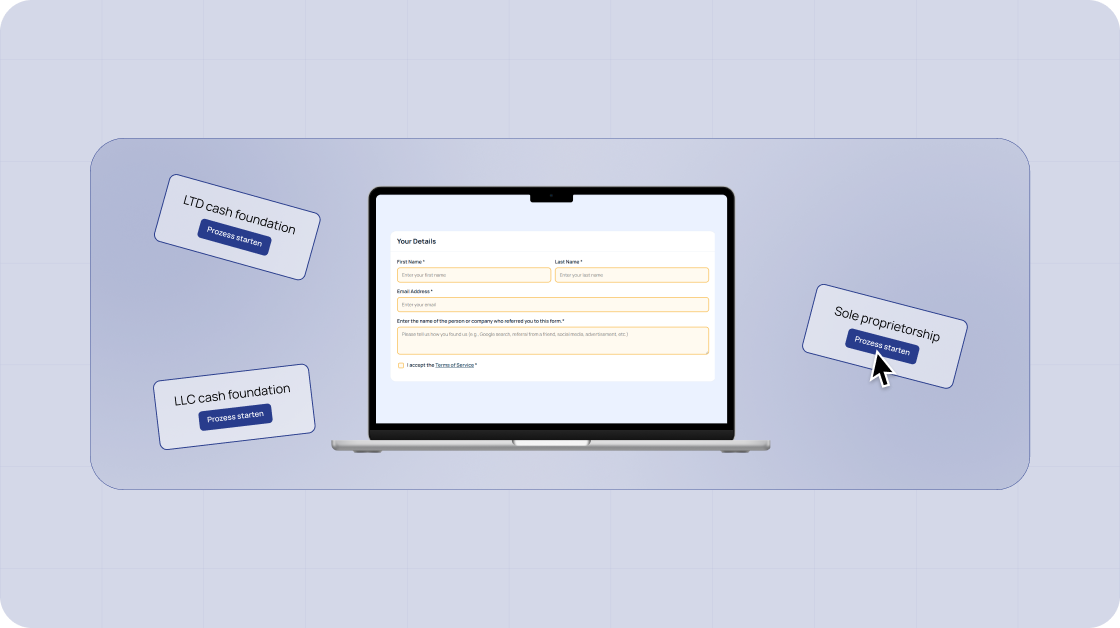Business vehicles: Special equipment and private use
In many companies, business vehicles are an important part of daily operations. It is crucial to differentiate between specially equipped and non-specially equipped vehicles.
Special facility
If the vehicles are specially equipped for the appropriate job, such as with a rack in the trunk for necessary care equipment, this can significantly restrict private use. A workshop trolley or a vehicle with permanently installed equipment also falls into this category. In such cases, the private share may be omitted, as private use is severely limited by the special institution.
Private use
Another important aspect is the question of whether the vehicles may also be used privately. The journey to work is considered private use, as is use outside working hours. It is therefore important to clarify whether employees who have a company vehicle also take it home or whether the vehicles always stop in the shop (pool vehicles).
Private share — two variants
If the vehicle is used privately and is not specially set up, there are two options for recording the private shares and presenting them in the payslip:
Without salary deduction
- The monthly private share of 0.9% of the purchase price excluding VAT (10.8% per year) is calculated as gross salary (natural wage). This supplement is important so that the AHV-relevant salary is also effectively “ver-AHV't” (taxes on AHV contributions in kind).
- Since the vehicle is already being received as a benefit, it would be wrong if this additional gross wage persists. Therefore, the amount is deducted after the net salary position so that the amount paid out is neutralized.
- Conclusion: You also receive the vehicle for private use, tax the equivalent and pay social security contributions on it.
With payroll deduction
- If you want to grant use to the relevant person but not give it away, it is possible that nothing is offset as gross salary, but that a deduction is made from the net salary.
- Conclusion: Since you can use the car but bear the 10.8% share yourself, there is no need to specify the gross salary.
Supplementary information
If the employee assumes significant costs (e.g. all costs for maintenance, insurance, gas and repairs), there is no need to offset the salary statement. All that is required is the following text: “Clarify private share of business vehicle in assessment proceedings”.
In addition to calculating the private share in a lump sum, it is also possible to effectively record private use. The prerequisite for this is that a logbook is kept. The share for private use to be declared in the salary statement is calculated by multiplying the number of kilometers driven privately (including commuting to work) by the corresponding mileage estimate (e.g. 8,500 private kilometers x 70 centimes = CHF 5,950).
Your MKY Treuhandpartner GmbH
Disclaimer: The content of this blog post is for informational purposes only and does not constitute professional advice.
Each individual case should be reviewed individually and we recommend that you seek professional advice for specific questions.








